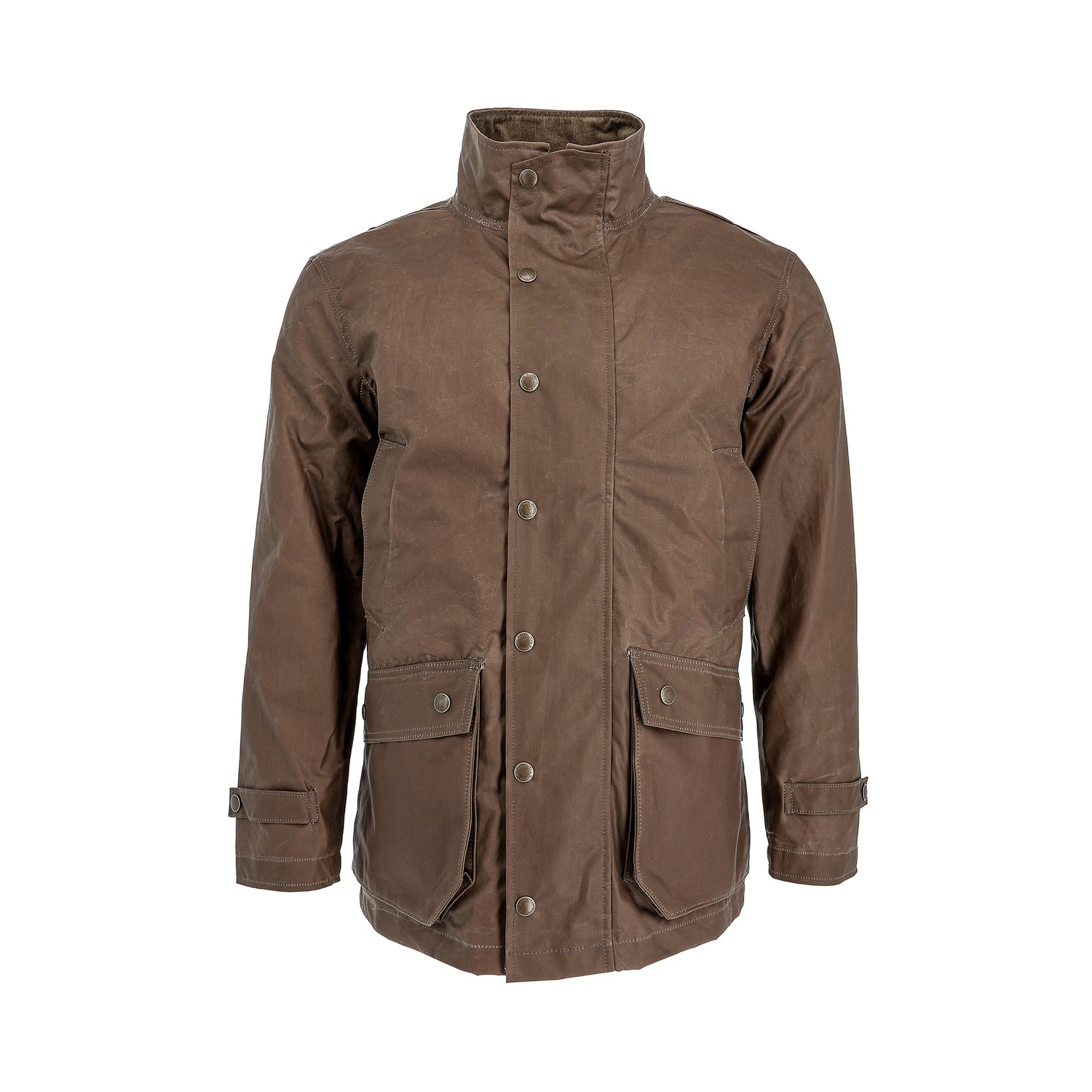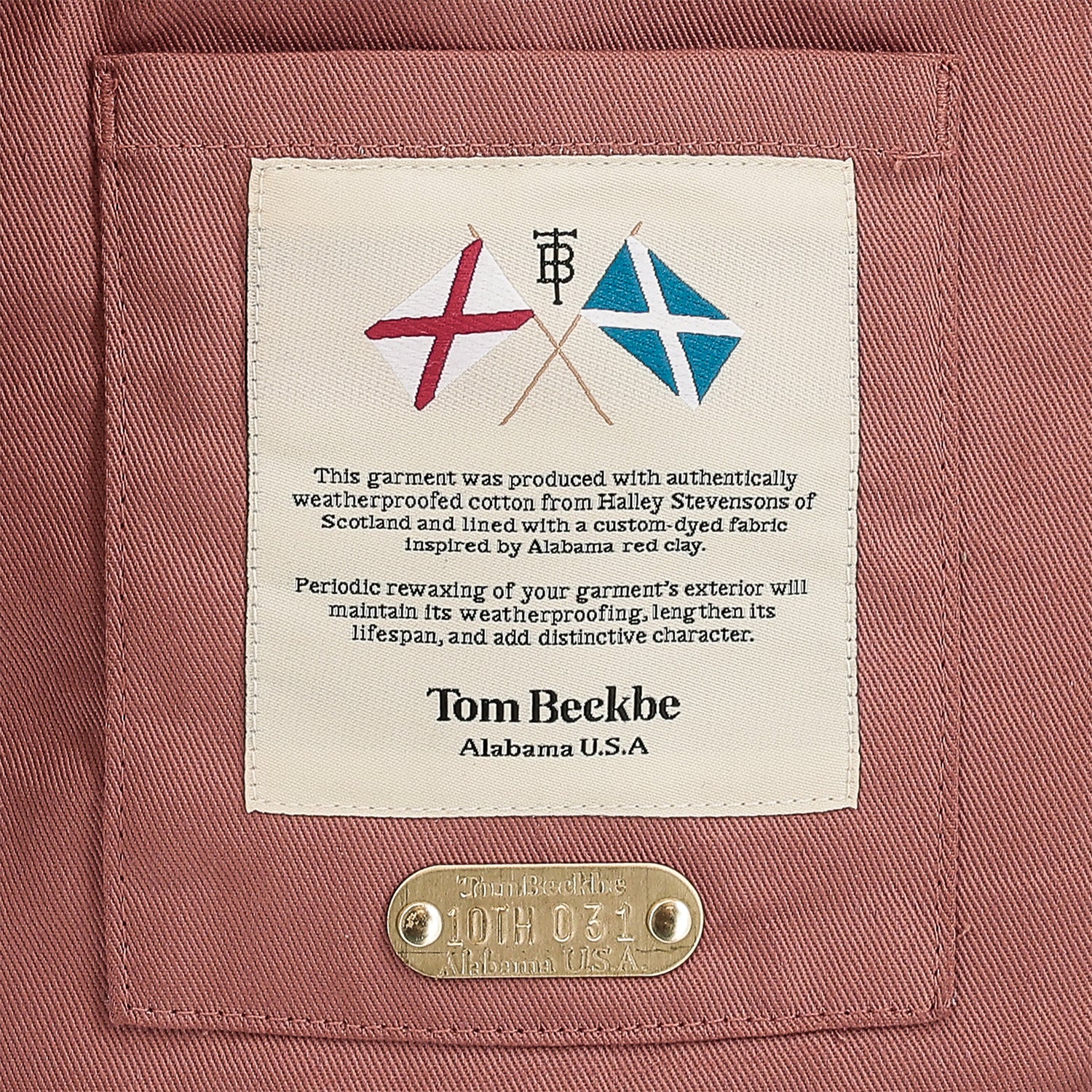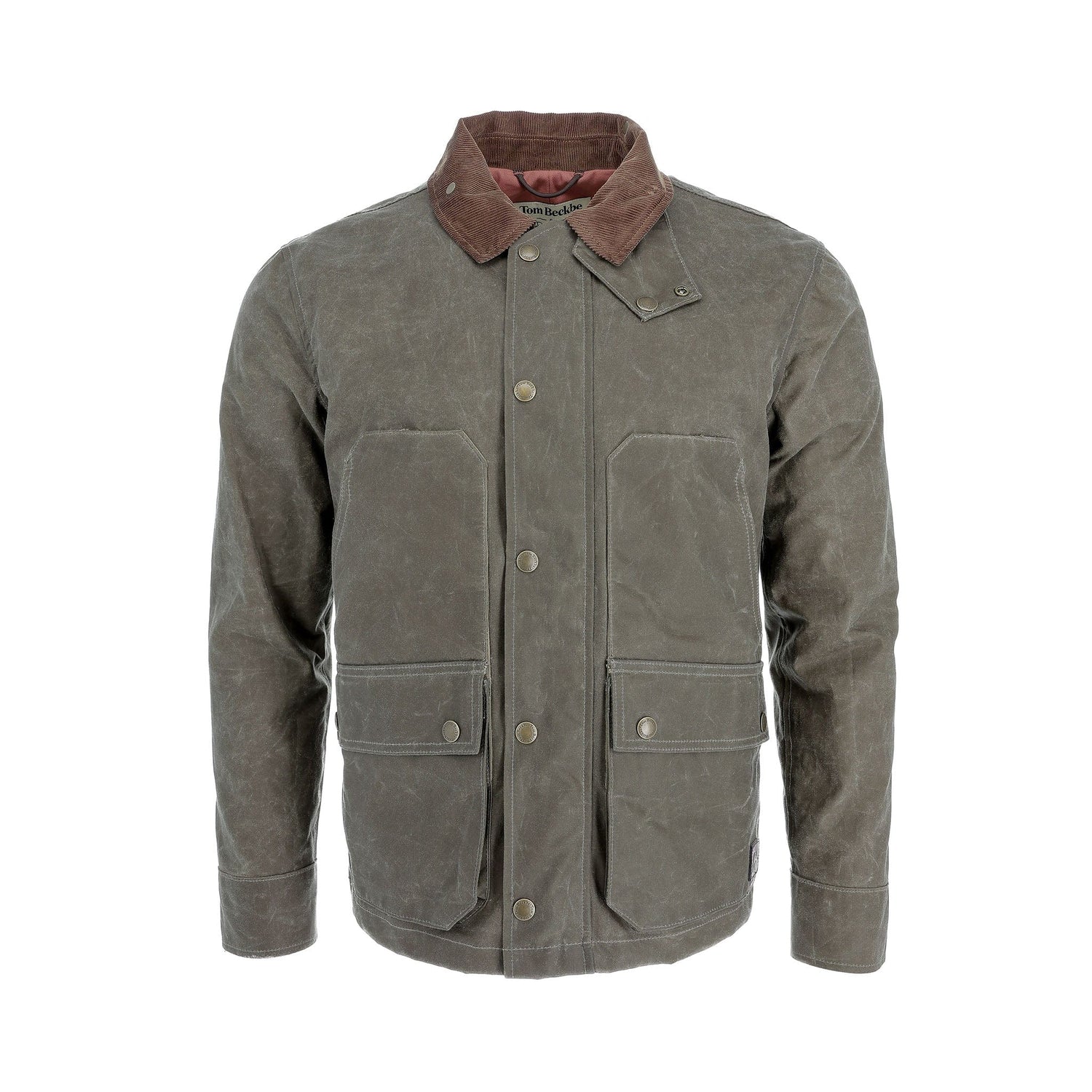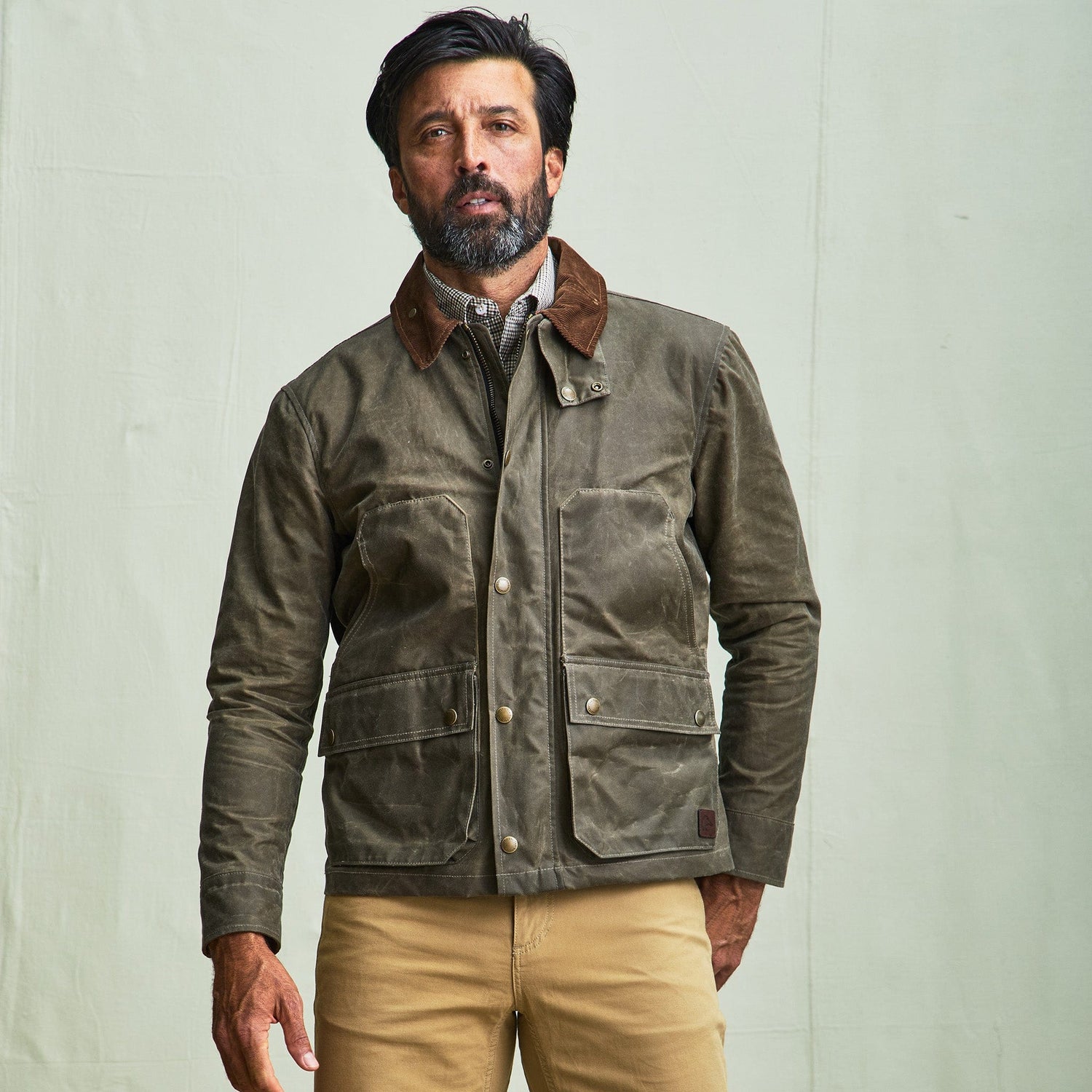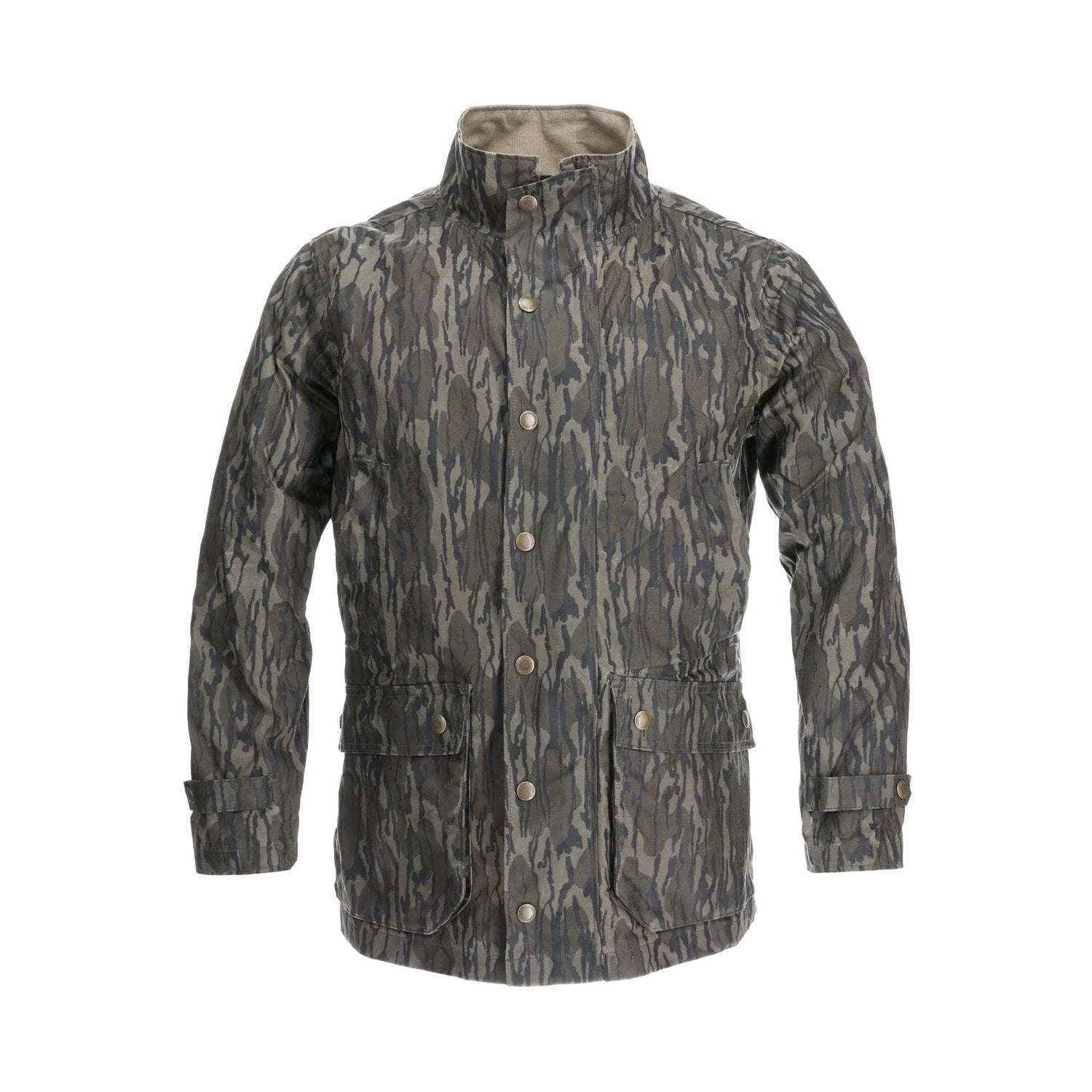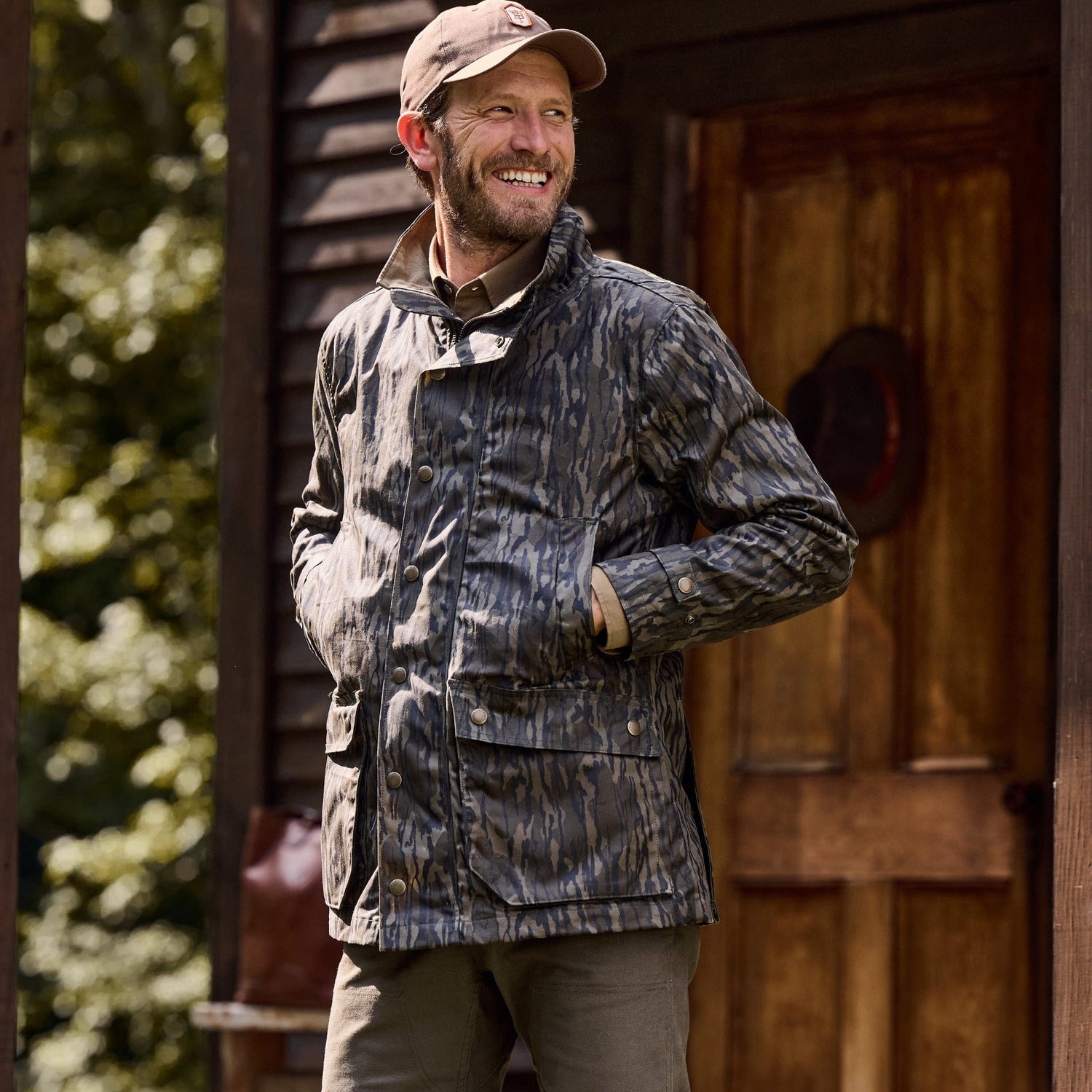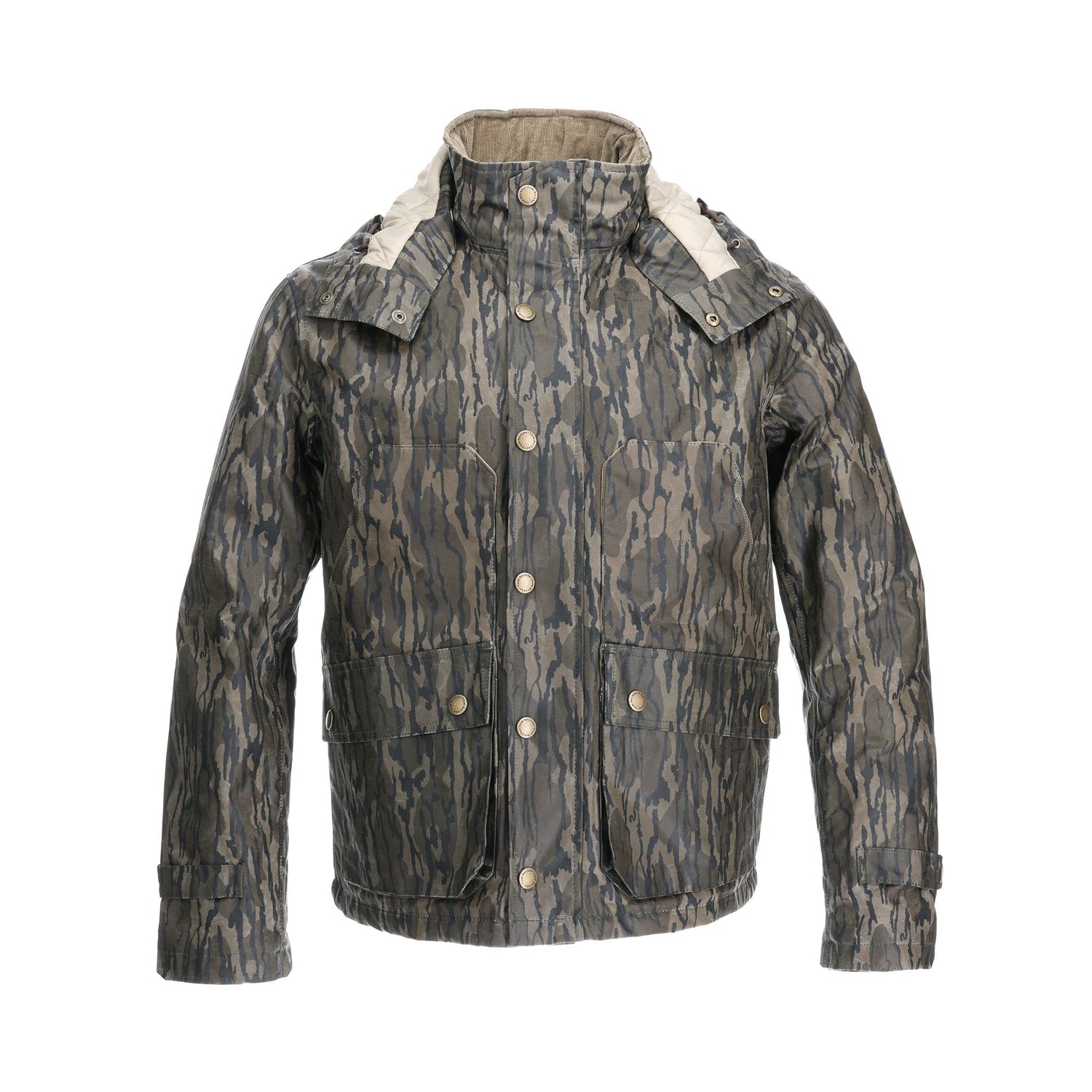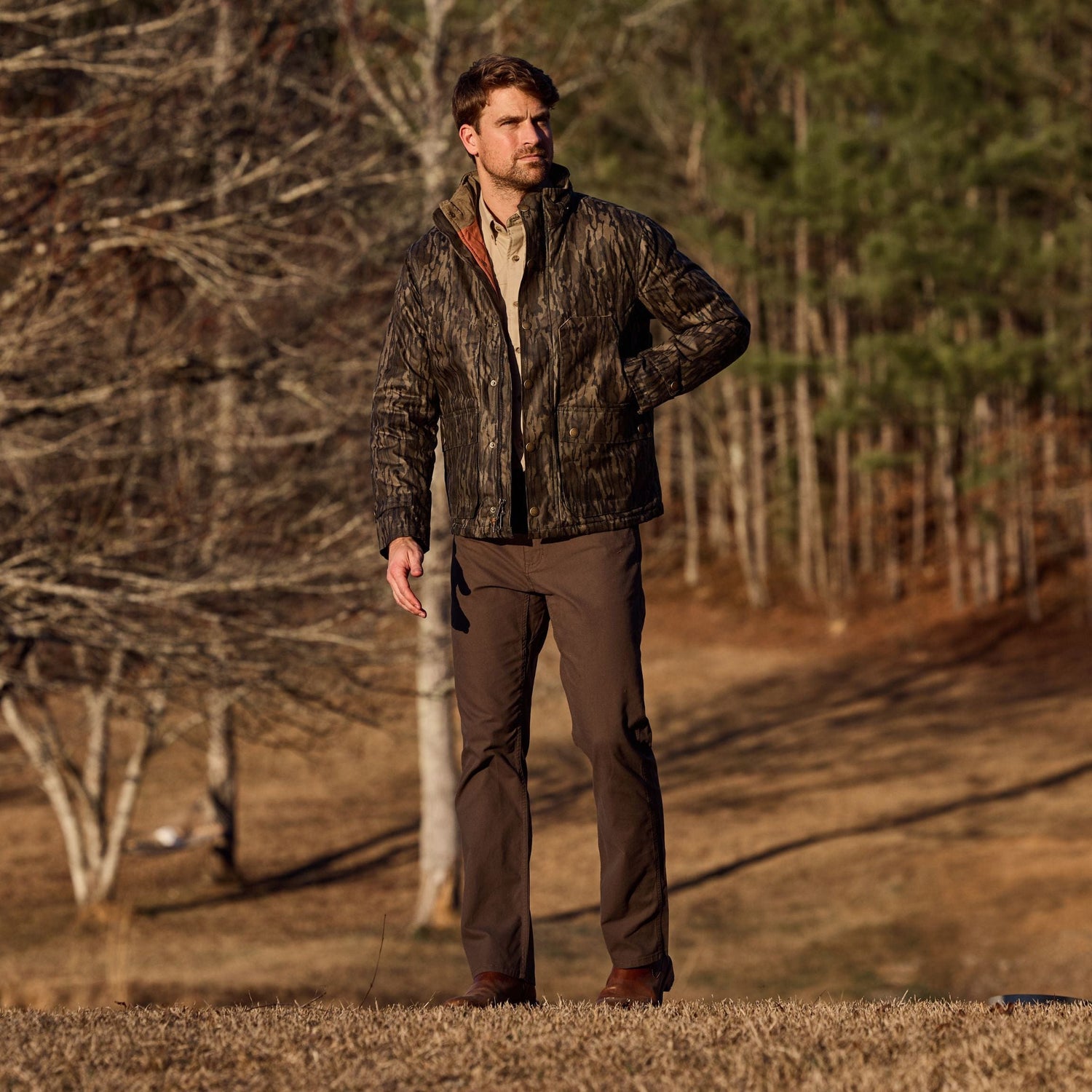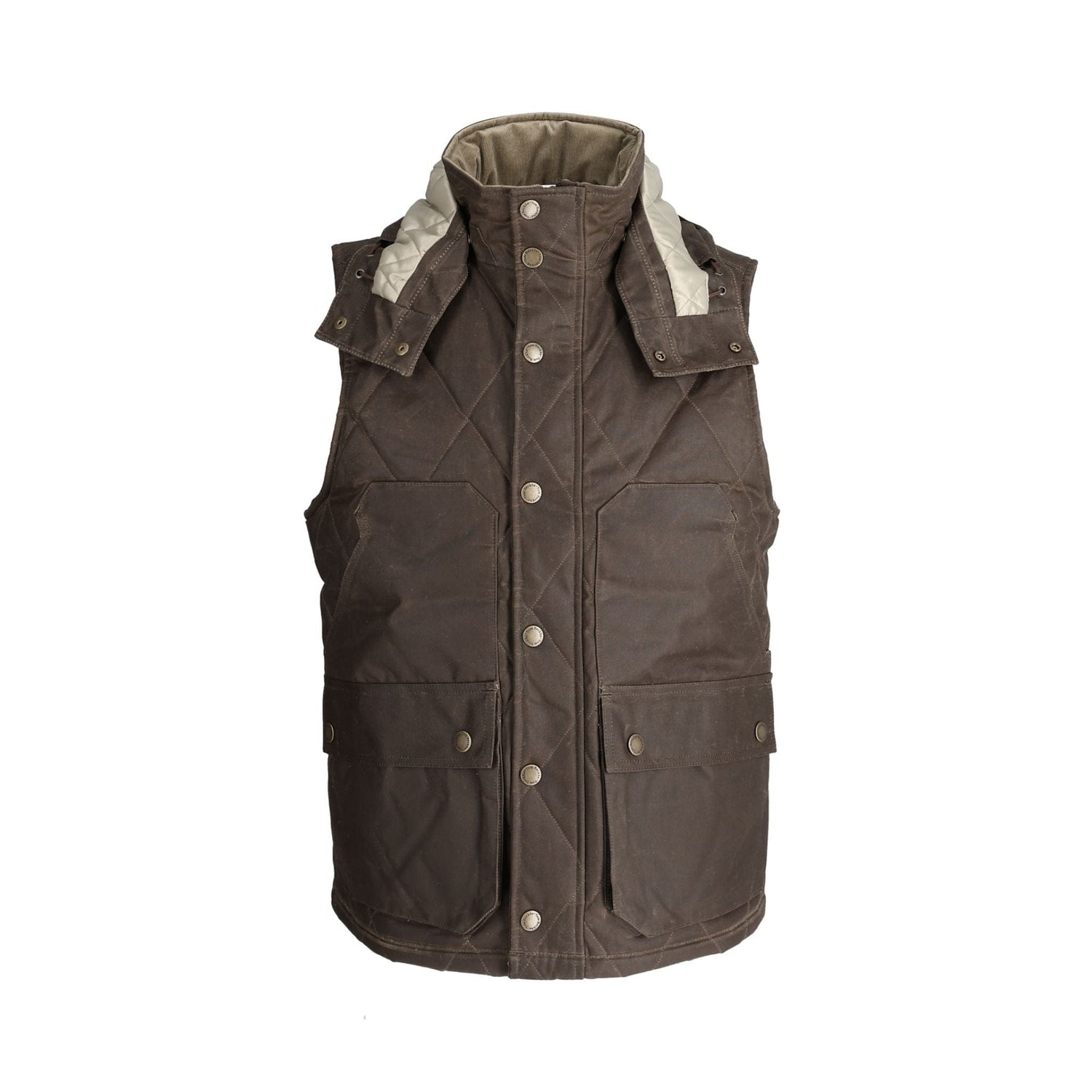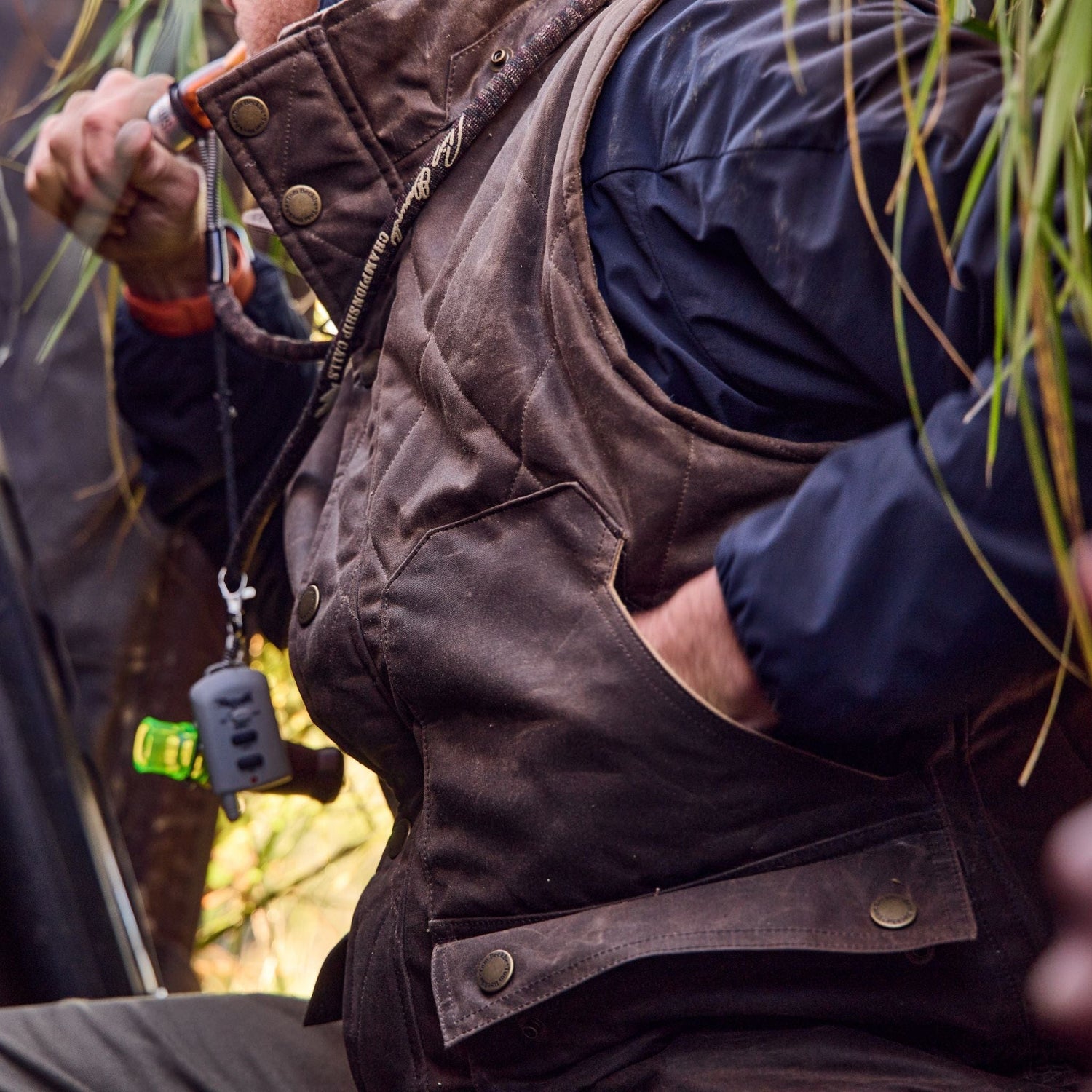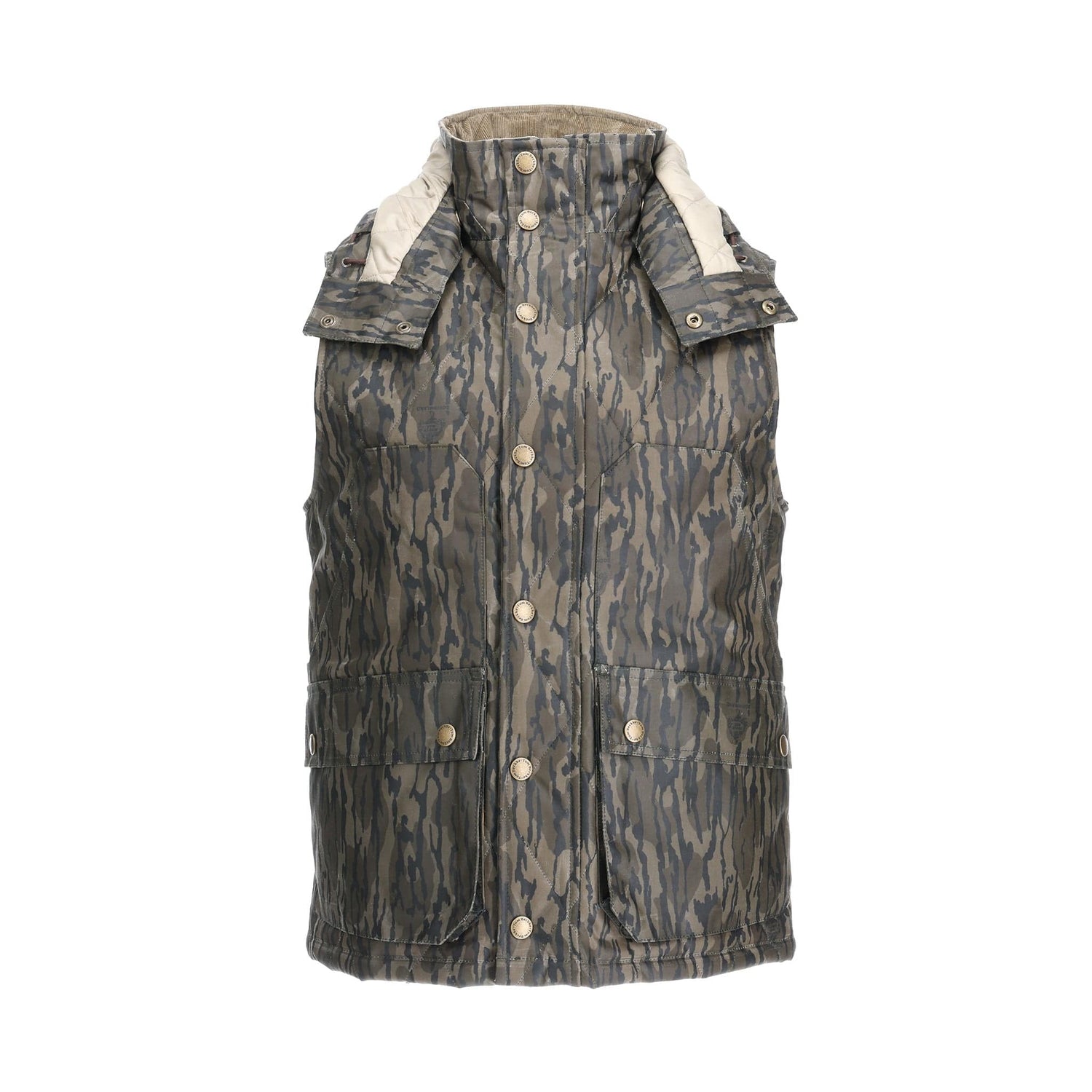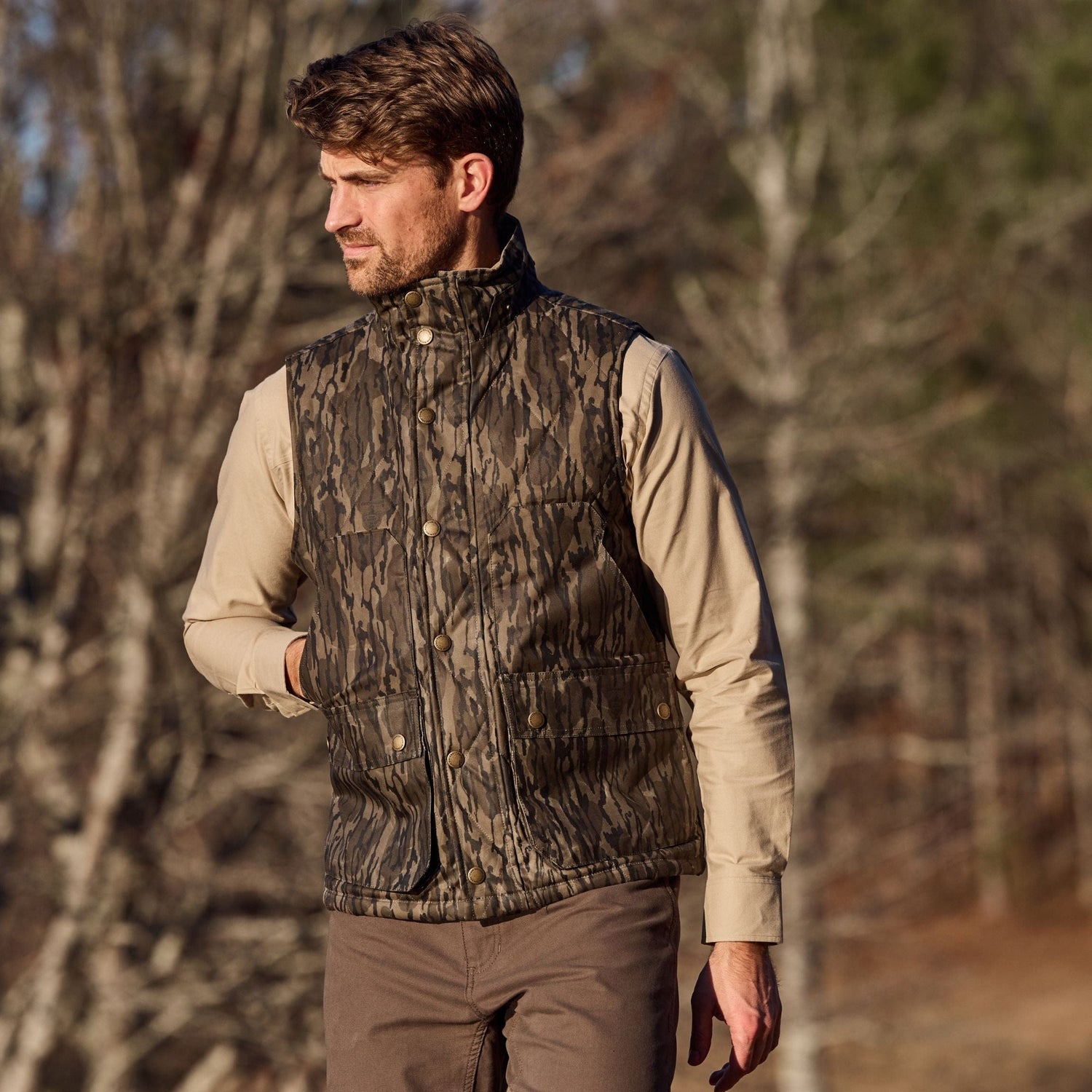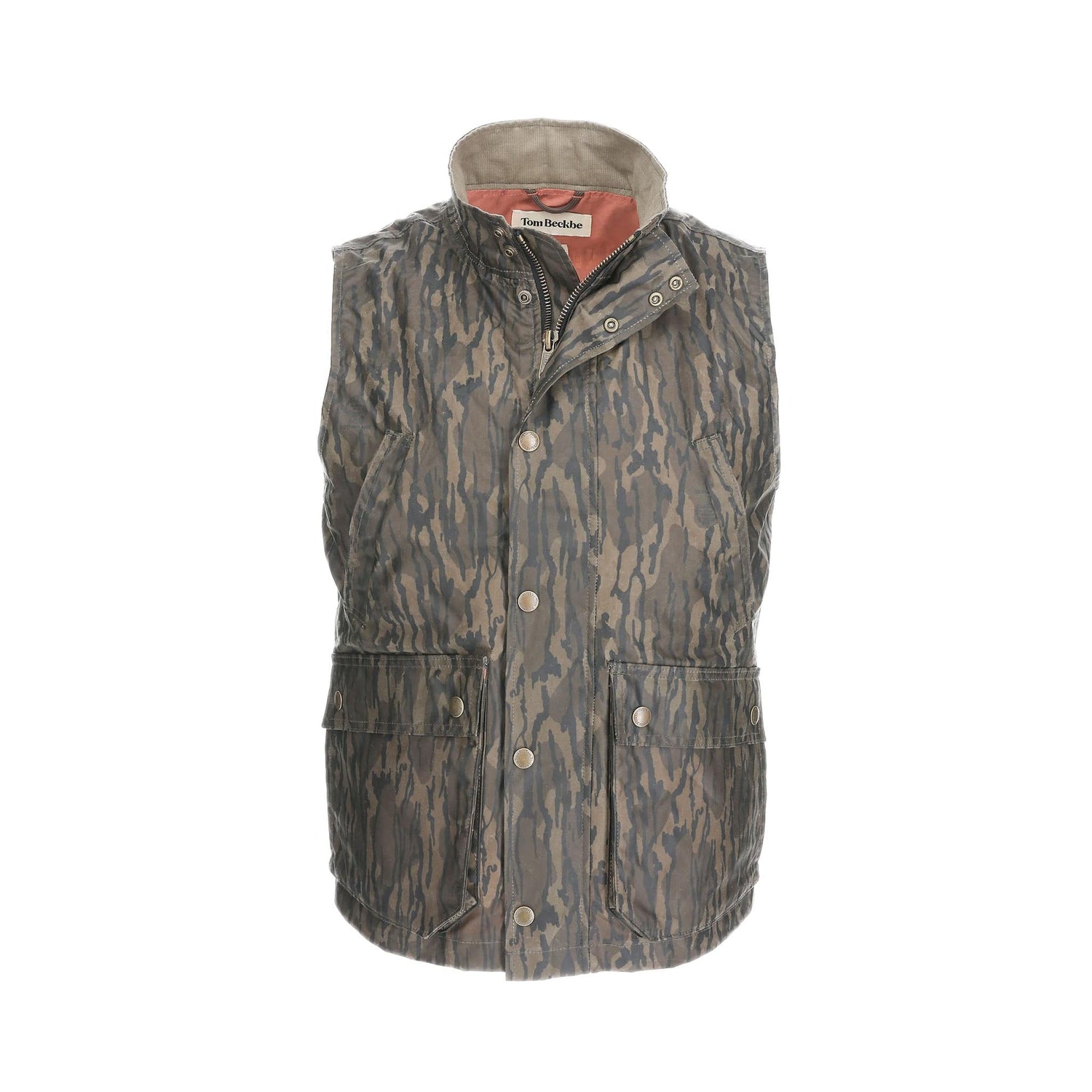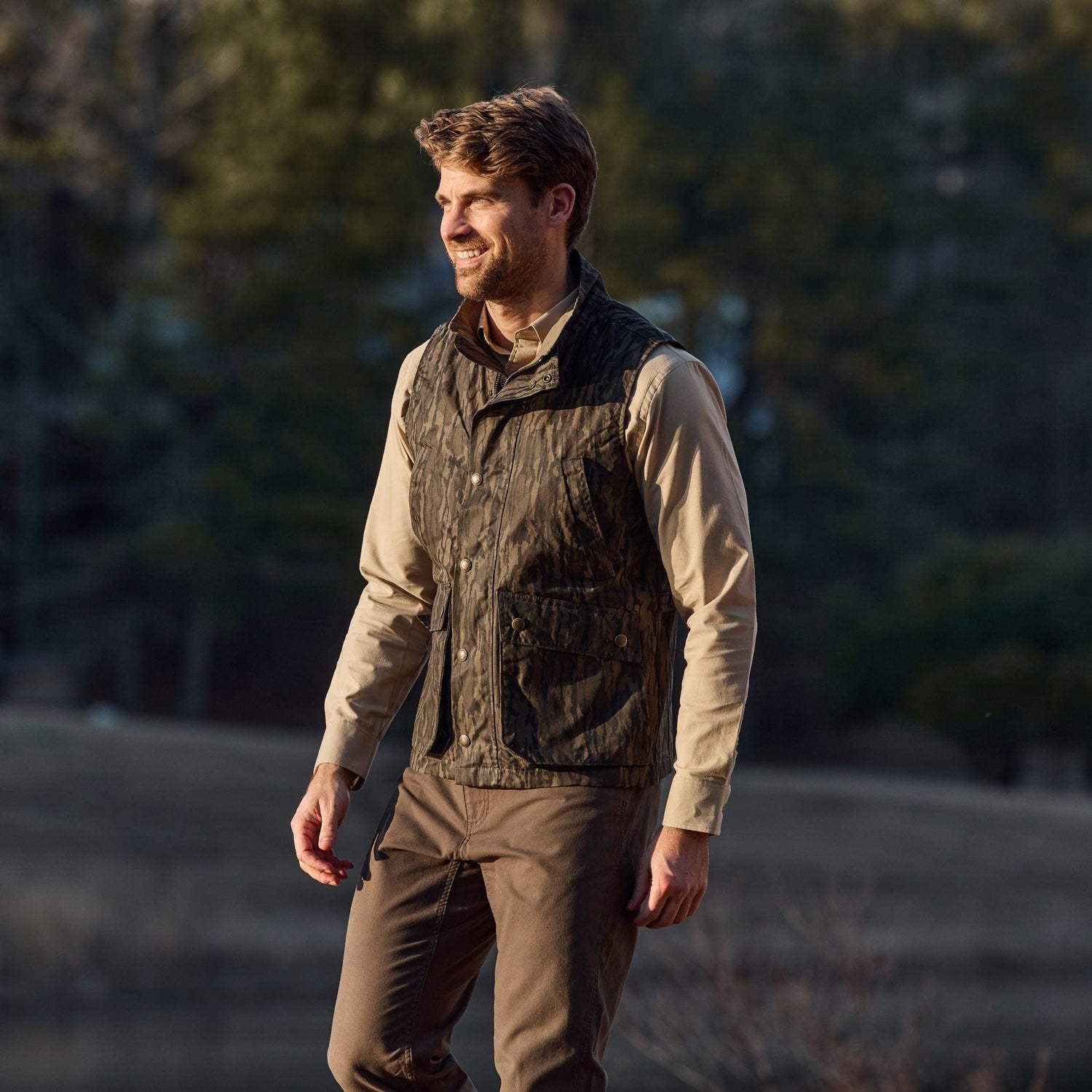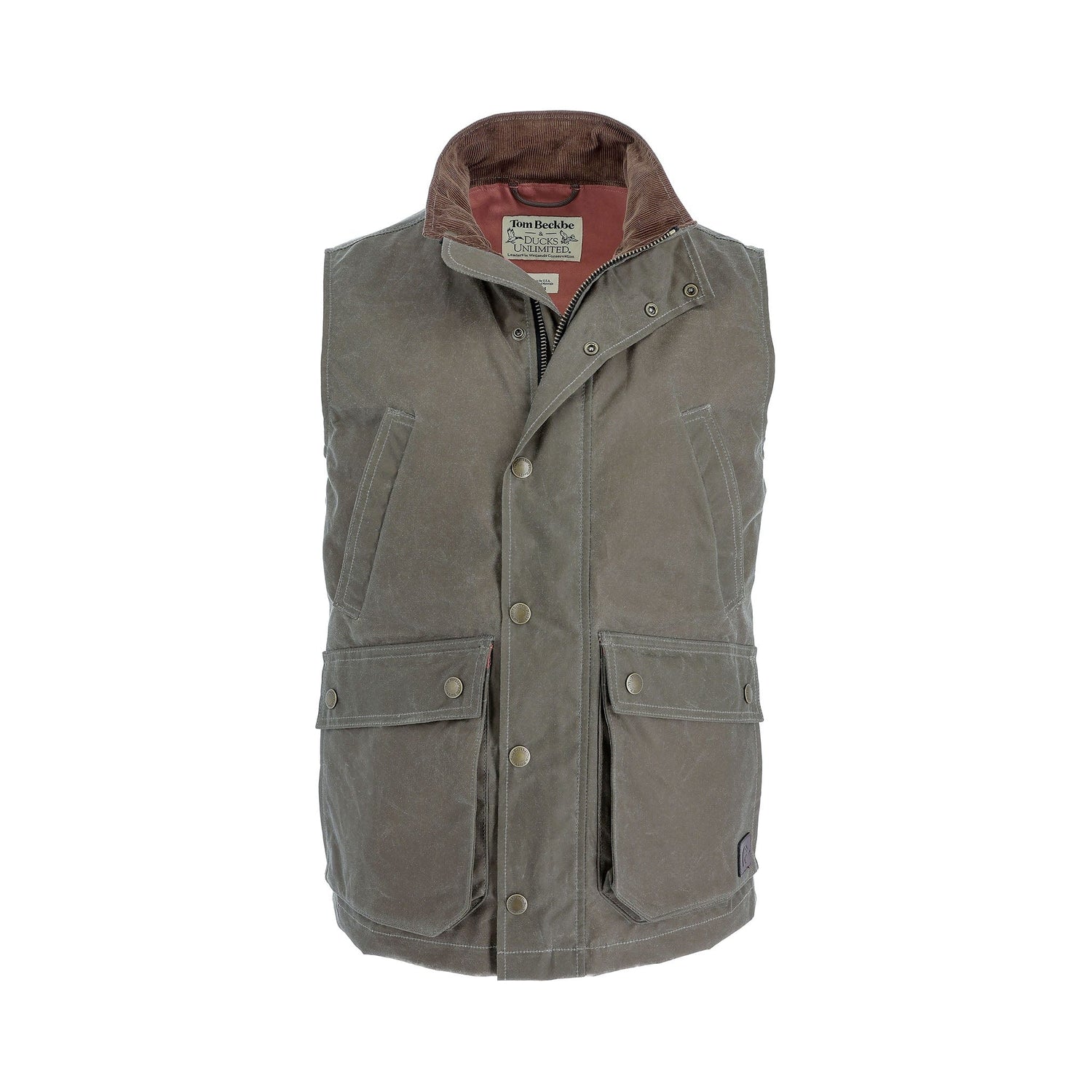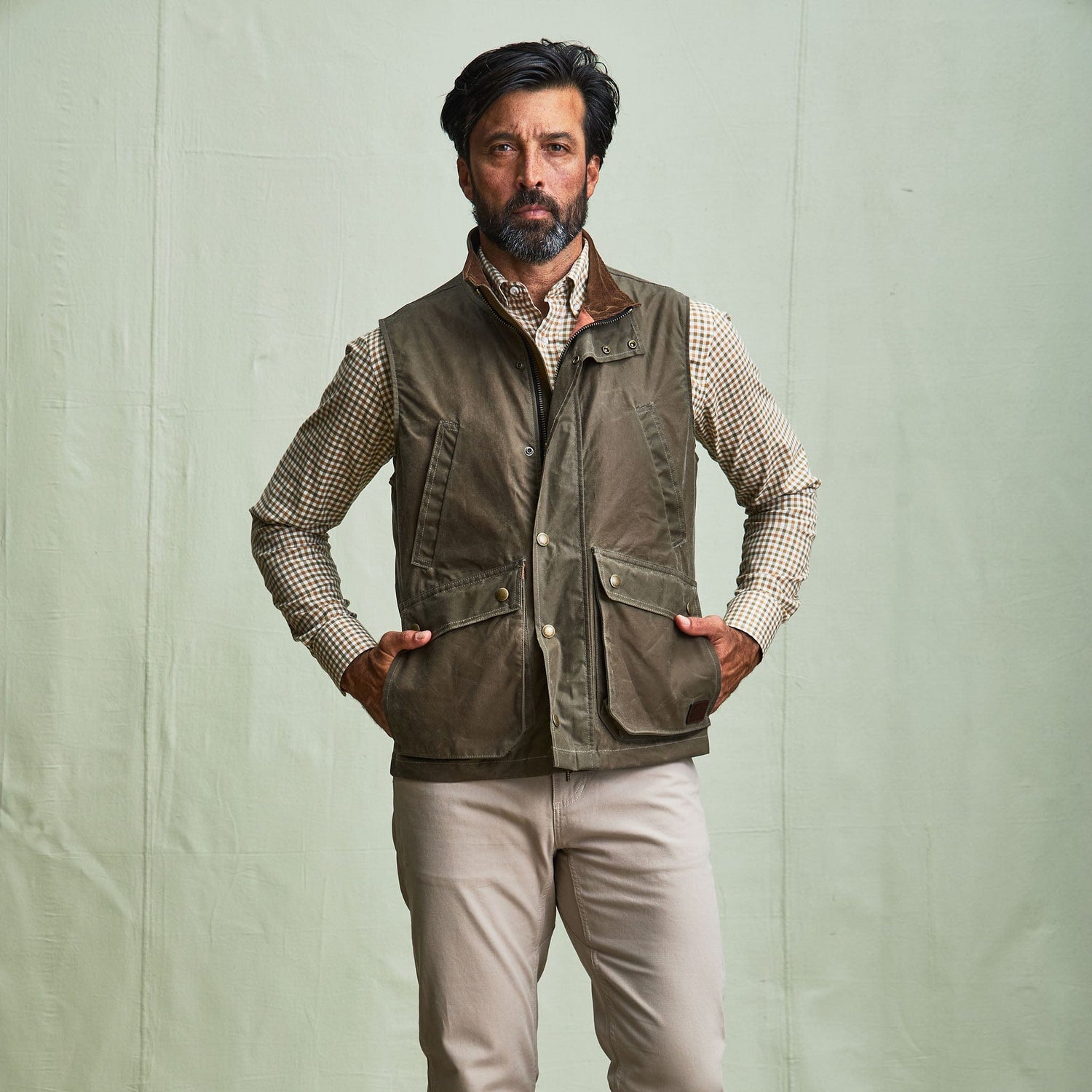It’s around Christmas, and I sit alone in the dark in a small duck blind, listening to the coyote barking in the adjacent field and the ducks flying past in the twilight. The weather is just above freezing; dry and calm following a storm front. I check my duck calls, load my 12 gauge, and test the jerk cord. Everything is ready. With ten minutes to spare till shooting light, I put on sunscreen.
Ducks drop into my decoys, quacking enthusiastically to passers-by. Mallards with a smattering of greenwings and widgeon. Two minutes after legal shooting time, a pair of mallards flare within 15 yards. The greenhead drops; the hen is unscathed.
Between small groups of receptive mallards, my mind wanders. Nine months prior, I was diagnosed with stage two melanoma. Luckily, surgery successfully removed the tumor and my lymph nodes were clear. My oncologist said I would be okay, but sunscreen – even in the duck blind – would be omnipresent for the rest of my life.
Thinking back across the months of recovery, pain, and stress – doubled by the stress my own problems placed on my wife and kids – lead to an existential question: am I now simply reduced to a “cancer survivor,” some statistic factored into percentages offered by oncologists in stale offices? How do I reclaim my life so that I am able to move forward?
And perhaps most importantly, how do I use my life now that I have been given this opportunity?
A solo drake drops in out of nowhere, surprised his “friends” are not moving. The bag grows to three drakes in about an hour. Time to reapply sunscreen.
After several hours and coats of sunscreen, I have five drakes on the lanyard and am ready to pick it up and go home. As I collect my decoys, my perspective on life becomes clearer, like a mallard against the alpenglow. This is what I want to do. To hunt with my children and with my friends. To utilize my wild game harvests as part of special meals for my wife. To see wild places and experience them first-hand.
But, to do that, I need to take better care of myself mentally and physically and to prioritize time for outdoor pursuits.
As I load decoys into my rig, a single greenhead flies past, heading toward my hunting spot 100 yards away. I watch him make a half-circle, cup up, and land, sure of his destination. Grinning from the corner of my mouth, I climb into the driver’s seat to drive home and begin crafting a plan.
A plan for duck hunting; a plan for life beyond simply being a cancer survivor.
I plan to hunt SE Oregon the following year. To learn to wax pluck and to render duck fat. And to restore my father’s 20 gauge Mossberg bolt action so that my son and daughter have a chance to use it.
I pull into the driveway gladdened and hopeful with this new-found perspective as well as with plans for the future, the first plans I make following my diagnosis. Bounding up the front steps child-like, I rush to share my day with my wife and kids and to review my collection of cookbooks for recipe ideas.
After telling my kids a few hunting stories, I pour a cup of coffee and capture my thoughts onto a scrap of paper torn from a yellow legal pad. Scribbling ideas and setting goals, I imagine myself creating experiences for me and for my family. While I am certain that some of my aspirations may not come to pass, I am certain of who I am and who I wish to grow into being – sure as the greenhead dropping into my decoys without hesitation.
I am a duck hunter.
About the Author
Jordan grew up in Oregon's Willamette Valley fishing for coastal cutthroat and hunting Roosevelt elk and Black-tailed deer. Drawing on his passion for the outdoors, he created a career in conservation leading a local land trust's real estate efforts as well as championing conservation funding in the halls of the Washington State Capitol. He can be found hunting, fishing, gathering, and otherwise enjoying the outdoors with his family and friends from the high desert sagebrush to the blue-green waters of the Pacific Ocean.



